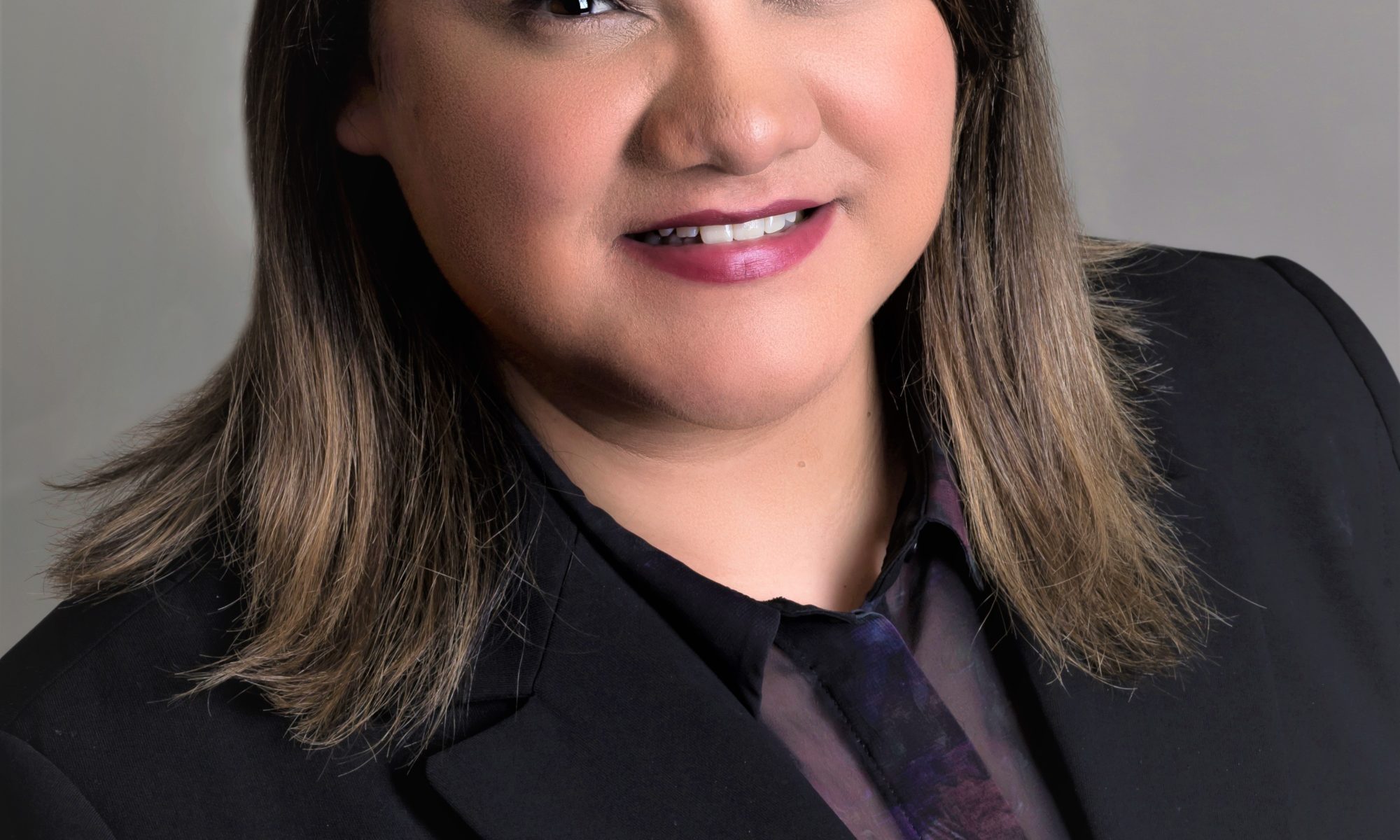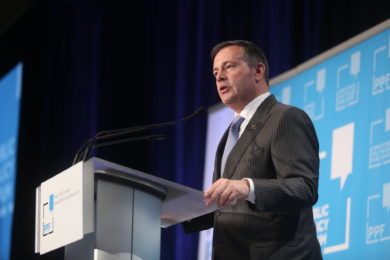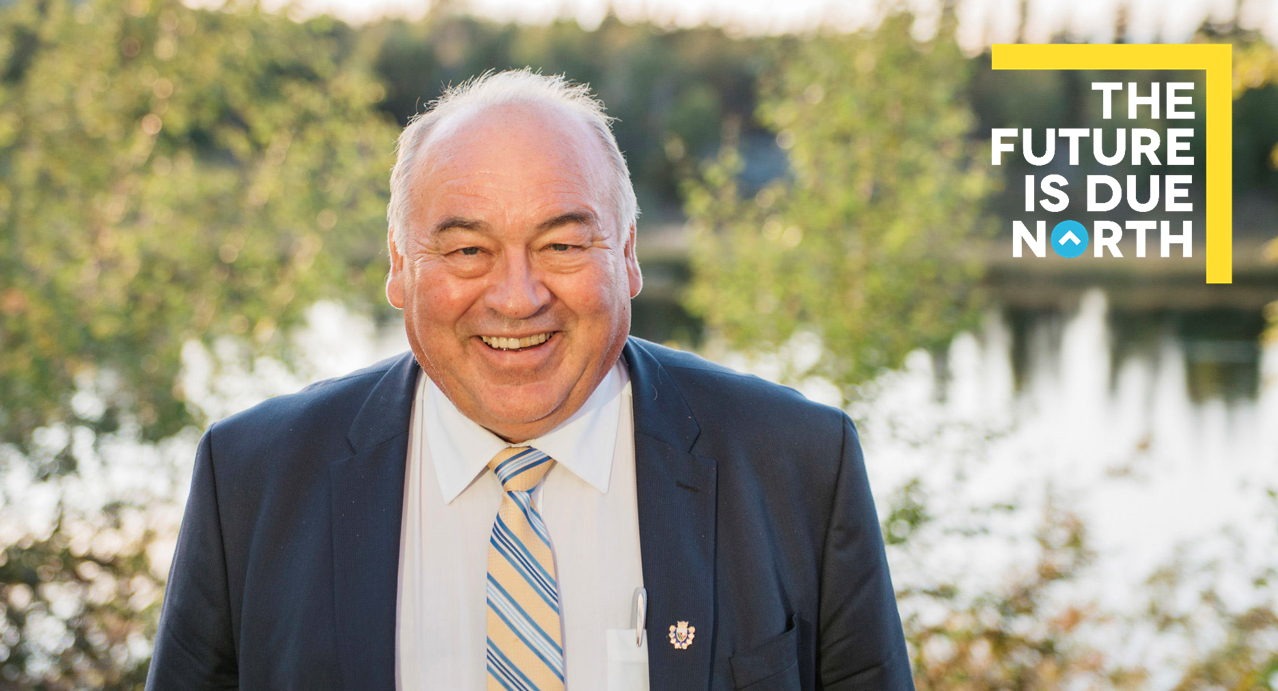
Public servants learn reconciliation means relationship-building and action
PPF’s reconciliation series didn’t answer all the questions about reconciliation but offered context and impetus to act
By: Jocelyn Formsma
The Public Policy Forum recently wrapped up its Putting Reconciliation into Practice: Inclusion and Action seminar series. More than 30 mid- to senior-level bureaucrats from a range of federal government departments heard that two important keys to reconciliation are relationship-building and action.
As the facilitator for this series, it was encouraging for me to experience the interest and enthusiasm that the participants demonstrated. Some of the speakers shared hard truths and the participants were challenged to defy the status quo in favour of building new realities in partnership with Indigenous peoples and communities. While many people could have resisted the challenges and defended the status quo, this group, by and large, embraced the lessons and opportunities.
Over the four sessions, the participants:
- had a first-hand experience with some of the challenges that First Nations face by visiting the Mohawks of Akwesasne;
- were given an in-depth overview of the Truth and Reconciliation Commission and the importance of using the report and its Calls to Action in their work from none other than Sen. Murray Sinclair, who chaired the TRC;
- learned about the development of the United Nations Declaration on the Rights of Indigenous Peoples from one of its drafters and advocates, Grand Chief Wilton Littlechild, and the importance of its implementation;
- learned about some examples of innovation and leadership in Indigenous economics; and
- heard the voices of young Indigenous leaders who are taking unique approaches to reconciliation.
Throughout the series, leading Indigenous experts and thinkers were asked to share their knowledge and experiences. These speakers provided enlightening insight into the challenges that Indigenous communities are currently facing, as well as the solutions that they are proposing and implementing. The participants also heard from key senior decision-makers in the public service at the federal and provincial levels. These speakers spoke strongly and passionately about the need for the public service to adapt if it is to better serve all Canadians, especially Indigenous peoples living in Canada.
After the release of the Truth and Reconciliation Commission’s final report and the 94 Calls to Action, Canadians, and especially public servants, have become increasingly aware of reconciliation. However, there seems to be little consensus as to what reconciliation is, what it means and what needs to be done in its name. This PPF reconciliation series did not answer those questions, but it did provide some context and offered the opportunity for the participants to think through what reconciliation could mean within their circle(s) of influence.
To me, reconciliation has always meant an ongoing process guided by principles that results in systemic and meaningful change to the status quo. For these public servants, their journeys with reconciliation have taken important next steps. It is my hope that they implement the ideas that they developed and that they will continue to do their part to contribute to the reconciliation process.
Jocelyn Formsma is an Associate with Nahwegahbow Corbiere Genoodmagejig Barristers & Solicitors and a long-time advocate for Indigenous rights, especially the rights of Indigenous children and youth. She was the facilitator of the PPF reconciliation series.




